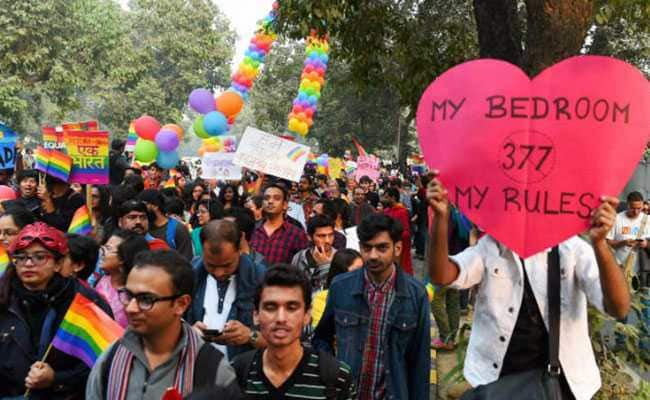Supreme Court of India has ruled to decriminalise gay sex, in an historic and unanimous verdict handed down by a five-judge panel that will have a profound impact both here in India and across the world. The court ruled that consensual sex between adults of any gender was no longer deemed a crime.
Until now, gay sex had been punishable by up to 10 years in prison under Section 377 of the Indian constitution, a relic of the Victorian-era laws imposed by the British Empire. It outlawed sexual activities “against the order of nature” and was interpreted by police and courts as referring to homosexuality.
Reading out his judgement on the case, the Chief Justice of India Dipak Misra said interpreting Section 377 to criminalise gay sex was “irrational, arbitrary and indefensible. Any consensual sexual relationship between two consenting adults – homosexuals, heterosexuals or lesbians – cannot be said to be unconstitutional”
In 2009, the High Court declared the ban on gay sex to be unconstitutional. But that judgment was overturned by a small panel of the Supreme Court, which said amending or repealing the law should be left to Parliament.
Section 377 is part of an 1861 law, bans “carnal intercourse against the order of nature with any man, woman or animal” — which was interpreted to refer to homosexual sex.






